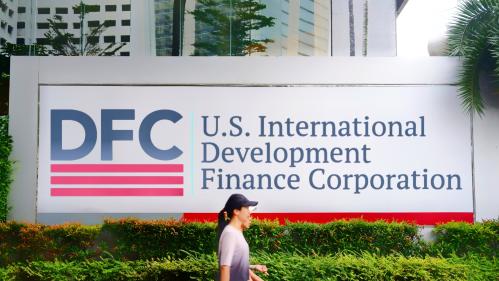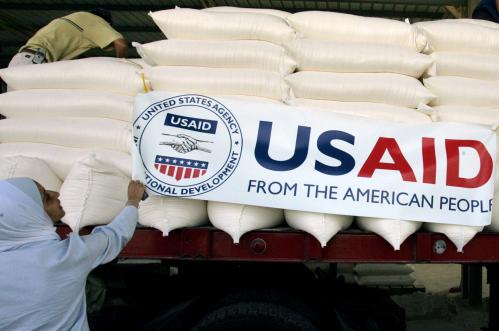Traditional U.S. leadership on global development is under challenge. All administrations since World War II have valued U.S. economic assistance as an instrument for peace, prosperity, and human betterment. Global development is one issue on which there has been a bipartisan consensus, as evidenced by the last Congress enacting eight bills on economic assistance. The legacy and sustainability of these programs are now in doubt. President Donald Trump’s fiscal year 2018 budget proposal would cut the International Affairs Budget by 29 percent and significant organizational restructuring is under consideration. In a world where development dollars are called upon to manage famines, refugees, counter-terrorism, and fragile states, along with traditional development concerns such as health, education, infrastructure, governance, and democracy, such budget cuts could have a draconian impact.
From August 2-4, the Global Economy and Development Program at Brookings will host the 14th Annual Brookings Blum Roundtable, “U.S. Foreign Assistance Under Challenge,” to discuss these issues. It will focus on the challenges presented by the proposed fiscal year 2018 budget and organizational restructuring, along with the intransigency of bringing stability and economic growth to fragile states. Consideration will be given to bilateral and multilateral approaches and working collaboratively with private philanthropy and the private sector. It will consider opportunities to advance and revisit important initiatives and reforms of the past two decades.
The discussion will be guided by three overarching goals: (1) to assess areas of development assistance that are most vulnerable; (2) to discuss whether reforms or other funding sources could mitigate the risks; and (3) to identify policy and advocacy opportunities to minimize damage from budget cuts and strengthen U.S. economic development assets.
Ahead of the roundtable, Brookings commissioned six essays to set the scene for discussion. The related briefs on the topics that will be highlighted at the roundtable are below.
U.S. global development leadership in a changing world
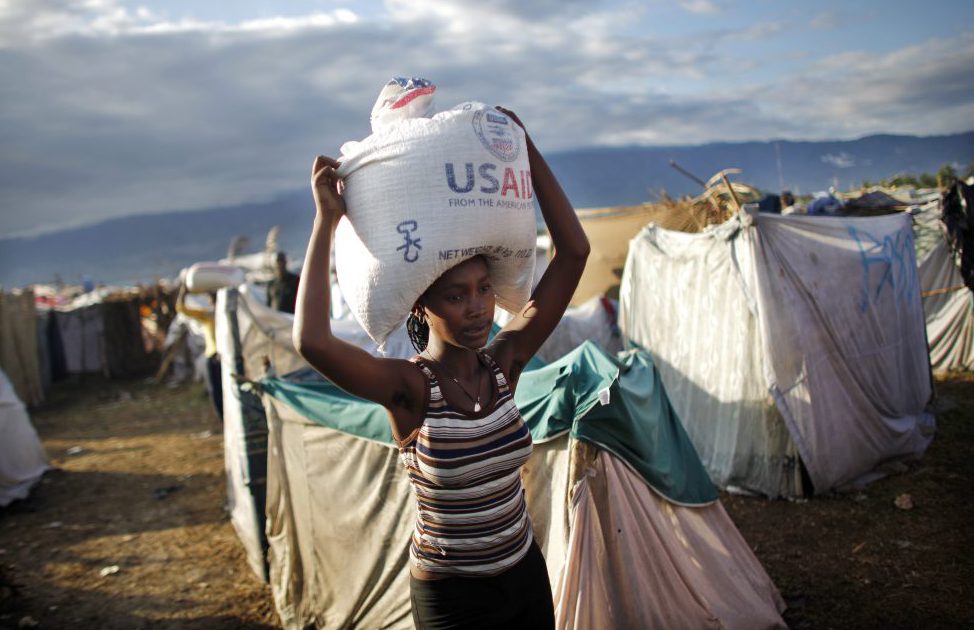
Authors: Homi Kharas
“Foreign assistance” combines two of the least popular words in United States politics. Since the end of the Cold War, isolationism has slowly weakened internationalism, perhaps because of the growing feeling that foreigners are freeloading on the U.S. as the world’s policeman and problem solver. Some indicators of popular attitudes toward foreign assistance are concerning, although these are not all consistent with each other. A 2016 Pew Survey found far more Americans responding that the U.S. does too much in terms of solving global problems (41 percent) than too little (27 percent). Similarly, a significant majority (57 percent) think that the U.S. should deal with its own problems and let others deal with theirs as best they can.
Downloads:
The politics of foreign aid
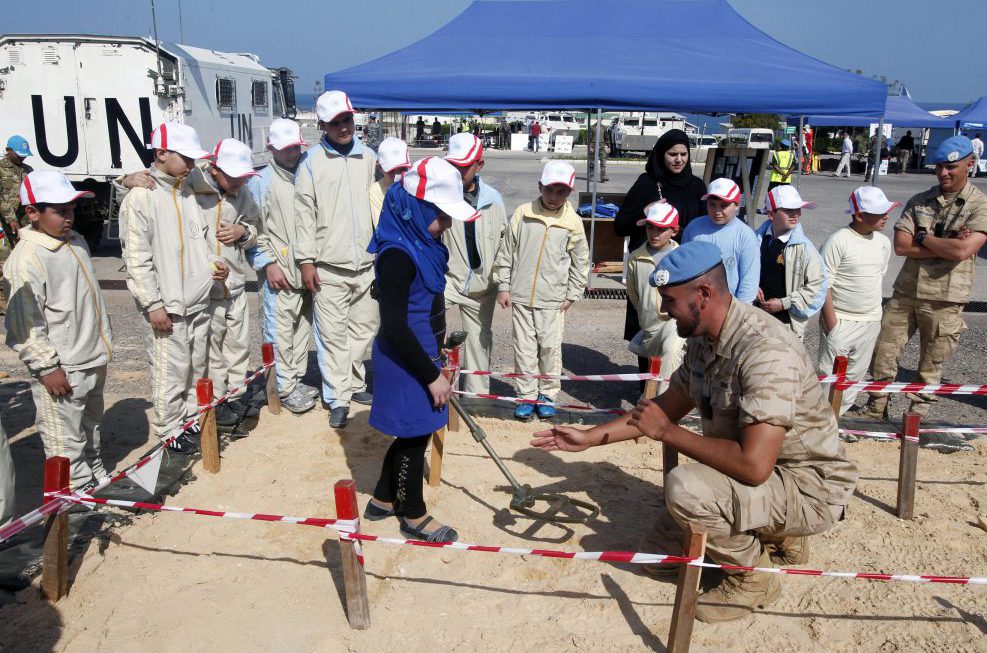
Authors: Liz Schrayer
In 2011, as the annual budget resolution hit the Senate floor, multiple amendments were offered to cut the foreign assistance account. Senator Rand Paul of Kentucky offered the most dangerous amendment to cut billions from the International Affairs Budget. While it was defeated, it still garnered 20 votes. In the intervening years, Senator Paul offered similar amendments—but his final effort in 2015 was different. It was soundly defeated by a 96-4 vote.
What happened in between—and ultimately over the past two decades—is part of an important storyline of the politics not just of foreign assistance, but of America’s global leadership.
Downloads:
Institutional architecture of U.S. foreign aid
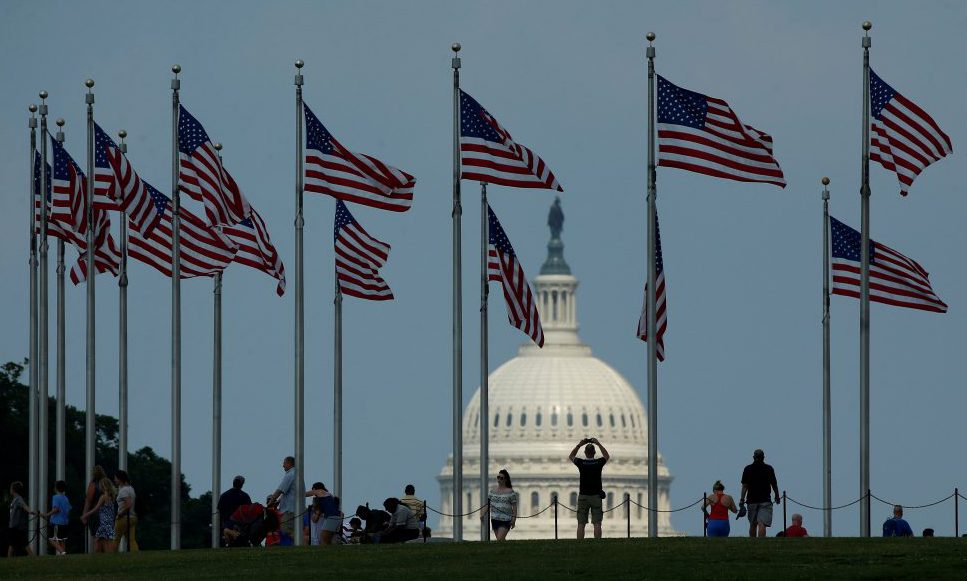
Authors: George Ingram
“Bureaucratically fragmented, awkward, and slow, its (foreign aid) administration is diffused over a haphazard and irrational structure… The program is based on a series of legislative measures and administrative procedures conceived at different times and for different purposes and many of them obsolete, inconsistent, and unduly rigid and thus unsuited for our present needs and purpose.”—President John F. Kennedy’s Special Message to the Congress on Foreign Aid, March 22, 1961, that led to the enactment of the Foreign Assistance Act of 1961 and the establishment of United States Agency for International Development.
Downloads:
Handle with care: The challenge of fragility
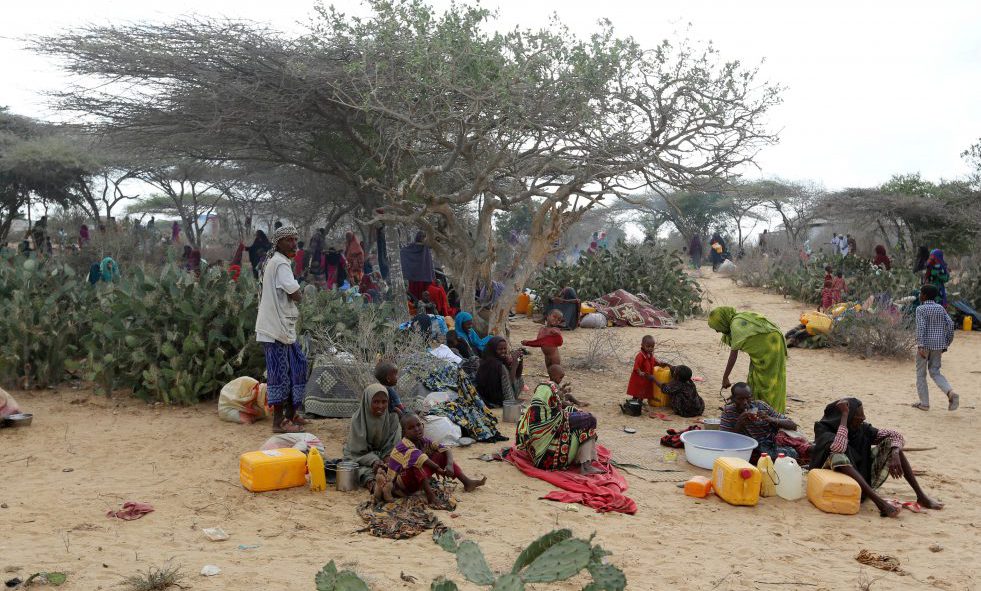
Authors: Nancy Lindborg
Despite enormous gains in poverty reduction and a long, steady drop in global violence over the past 70 years, progress is stubbornly stalled in those states considered most fragile. In the last decade, rising levels of violent conflict in states and regions like Syria, South Sudan, Yemen, Libya, Nigeria and East Africa have spawned four civil wars, the specter of four famines, and historic numbers of people displaced by violence, all of which are straining the global humanitarian system and threatening precious development gains. The world has responded with ever-larger packages of humanitarian, military, and peacekeeping action. What remains missing, however, is a concerted focus on the underlying dynamics of fragility, which will ultimately require a different way of doing business and, importantly, a shared blueprint for action among political, security, development, and humanitarian actors.
Downloads:
Multilateralism under stress
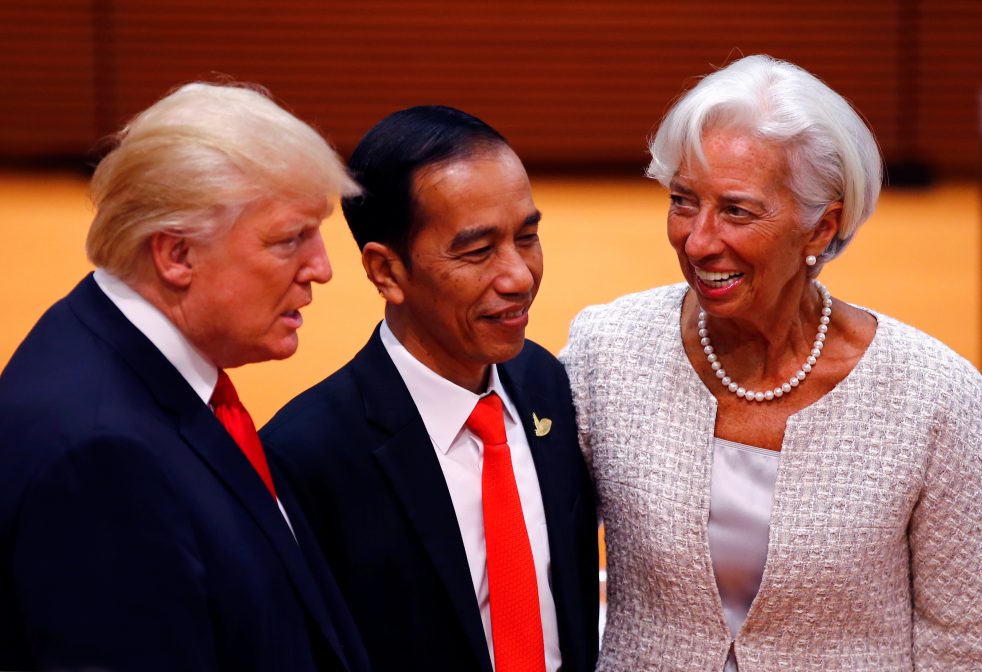
Authors: Homi Kharas
The multilateral development system, led by the United States, has guided development cooperation by Organization for Economic Cooperation and Development (OECD) countries, evolving gradually through new institutions and new norms since World War II. Organized by a small group of like-minded countries, multilateralism has been a way of managing burden-sharing among donors and of delivering public goods. These functions are now under stress.
Downloads:
American public support for foreign aid in the age of Trump
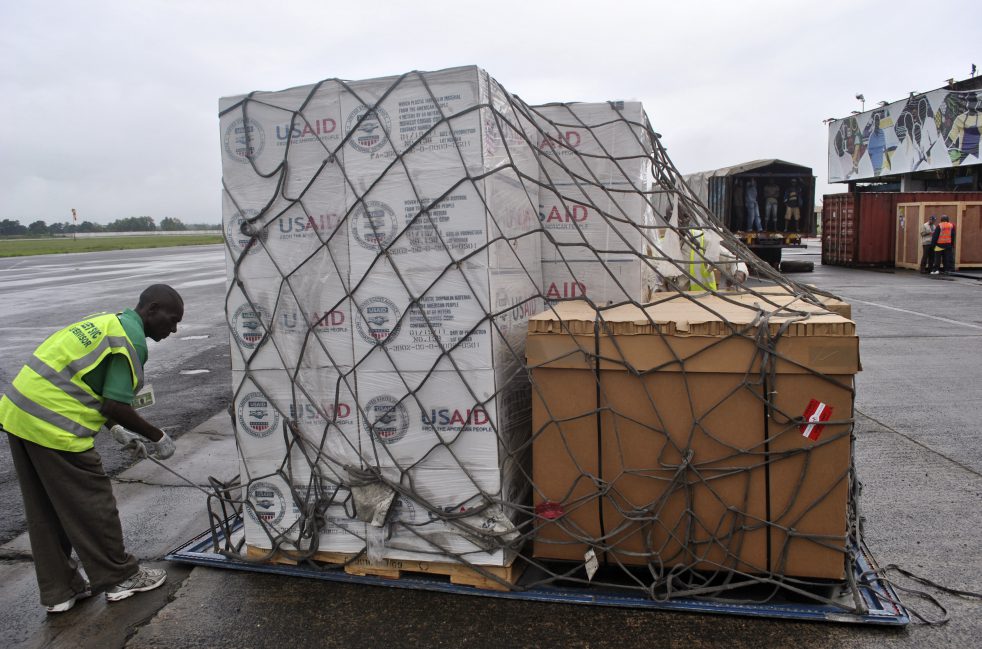
Authors: Steven Kull
Is President Donald Trump’s “America First” policy a reflection of a larger isolationist trend in public attitudes? And what do Americans think about foreign aid in particular? The answer is complex. On the one hand, recent polls suggest a robust majority support an engaged U.S. role in the world, a moral dimension to U.S. foreign policy, and giving foreign aid, especially humanitarian aid. On the other, many are dissatisfied with America’s role in the post-Cold War era, and Trump has effectively played on that disillusionment. The U.S. is seen as having overextended itself in playing a hegemonic role in the world, a role that has served corporate interests and the wealthy, but that has not effectively served the middle class, which is largely footing the bill for it. This overextension is seen as being reflected in the U.S. budget deficit, which troubles the public more than the elites.
Downloads:

